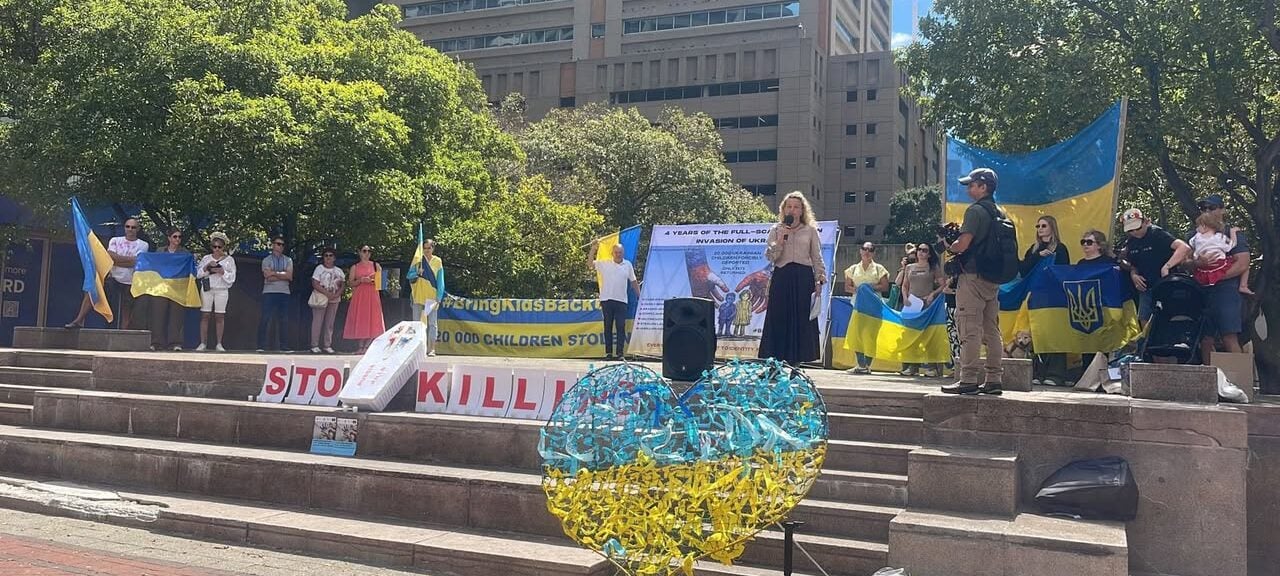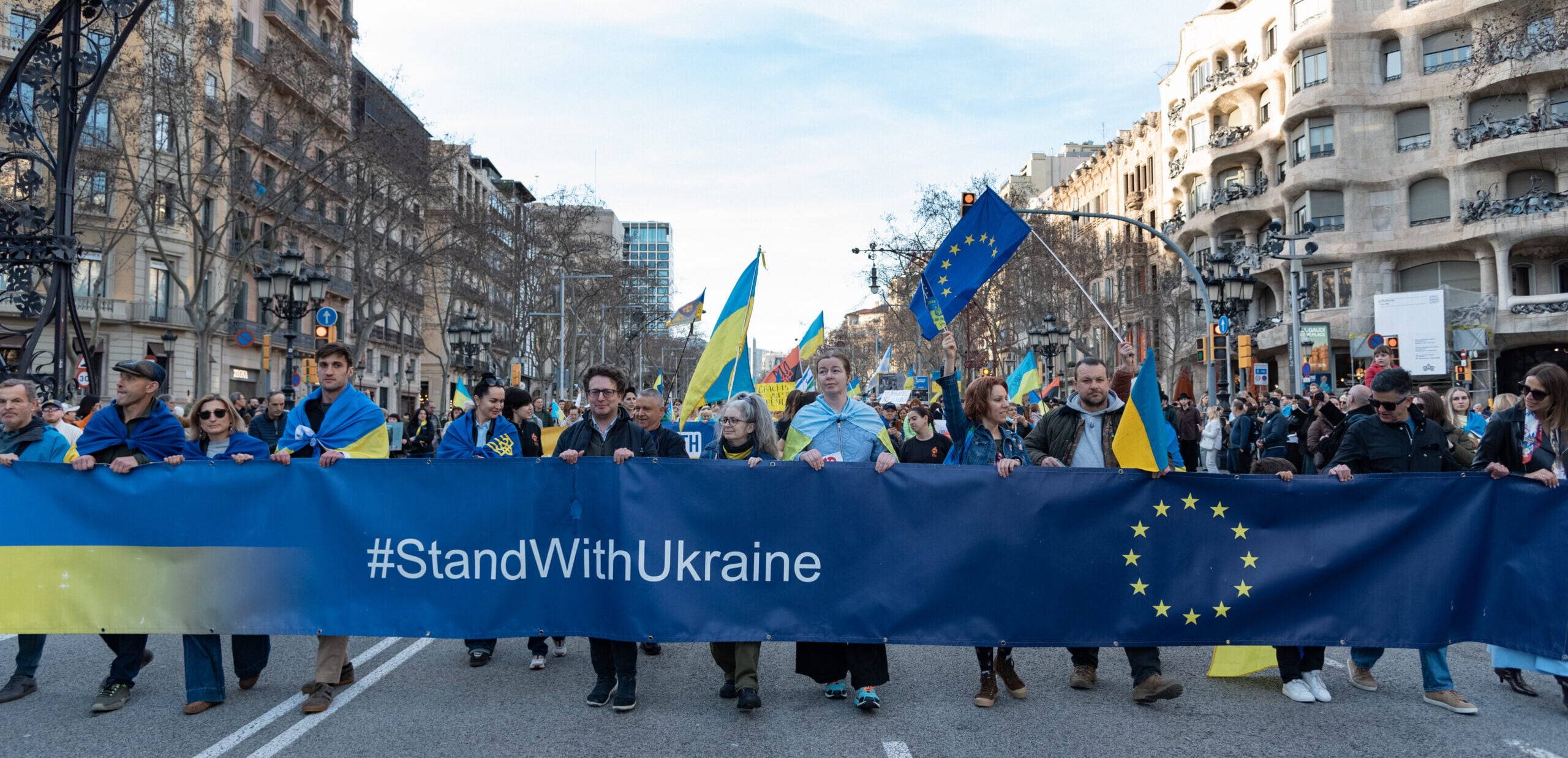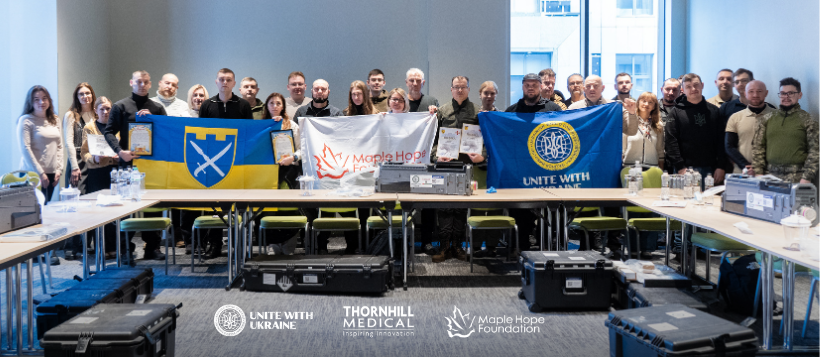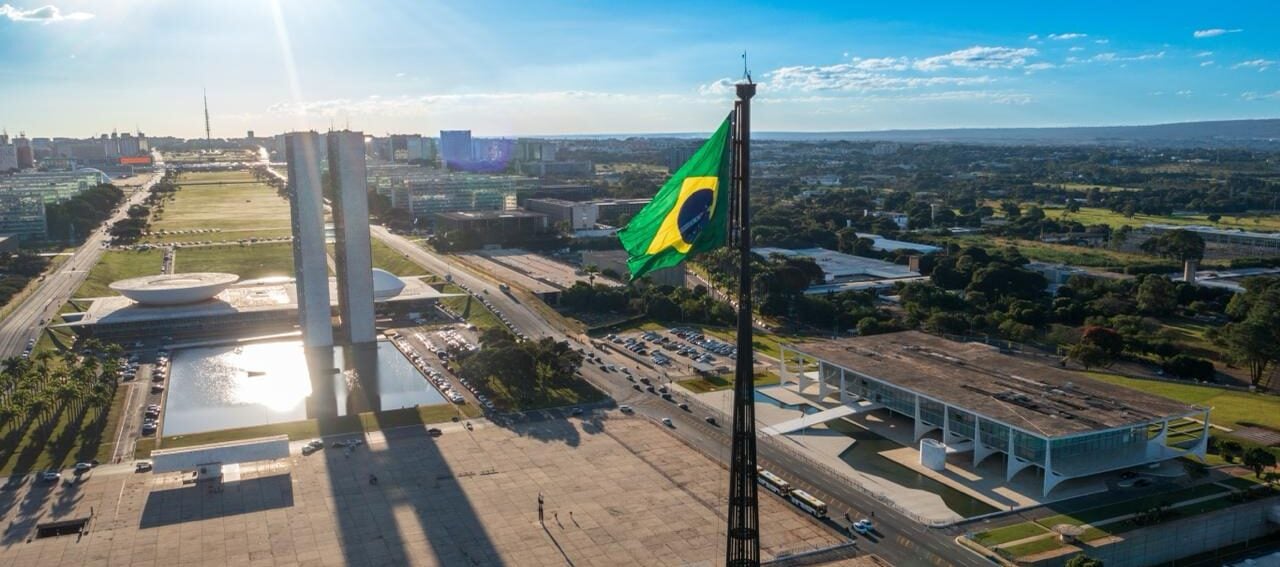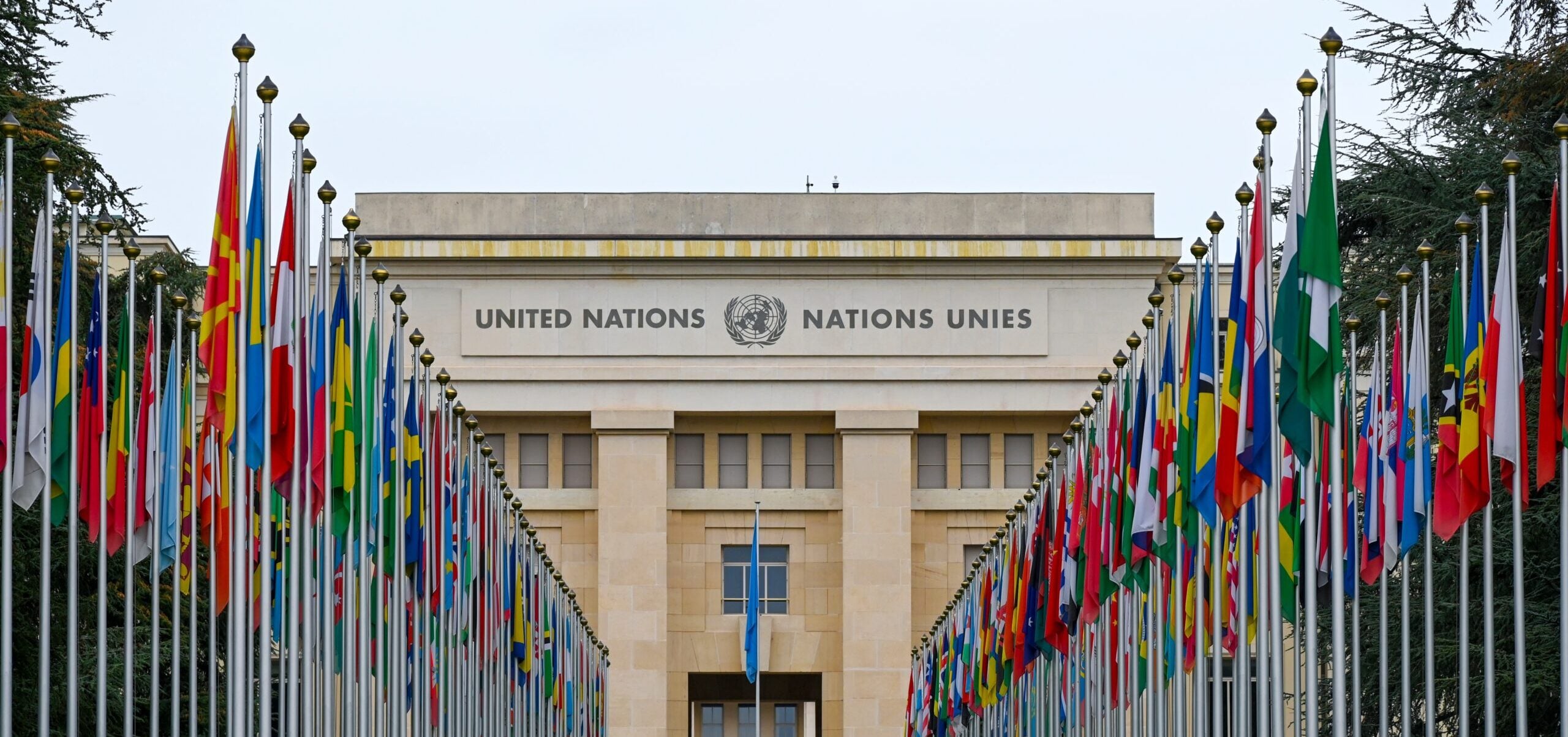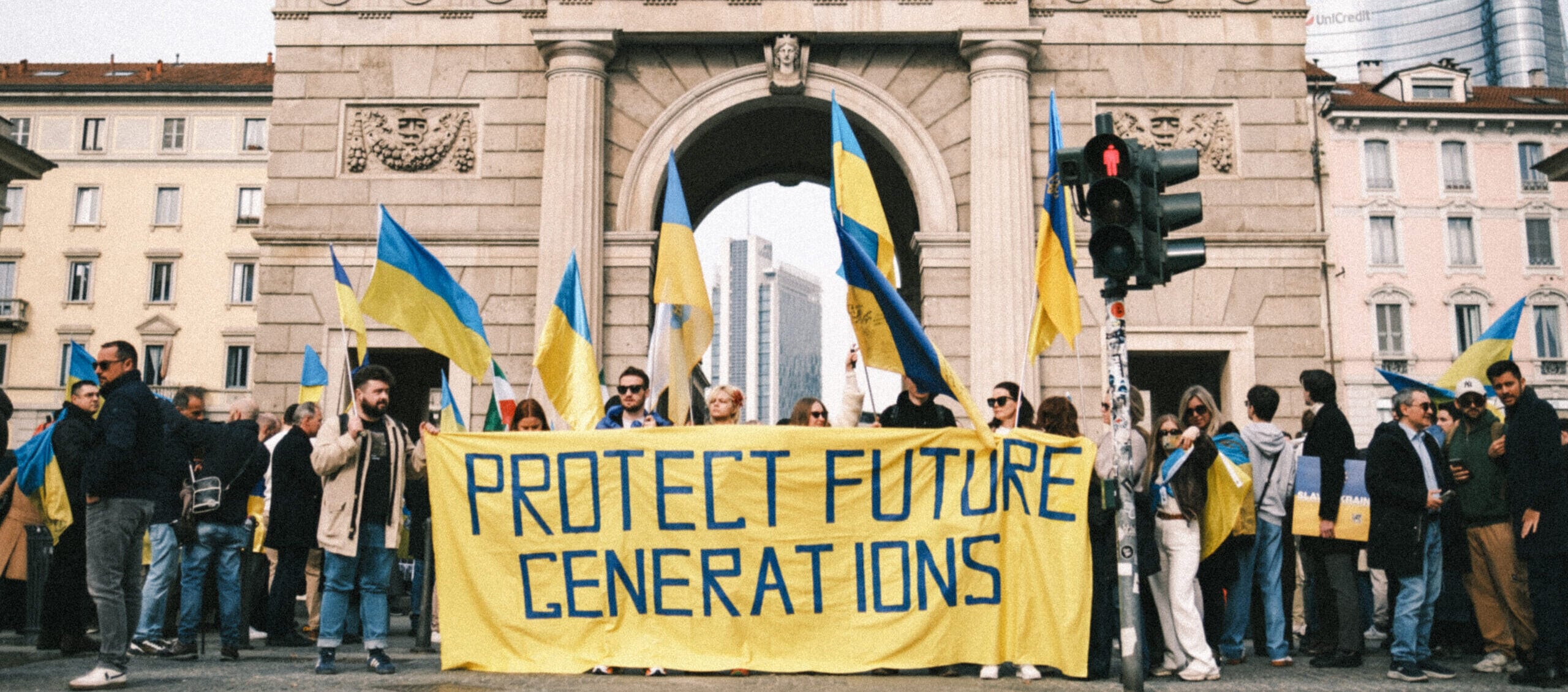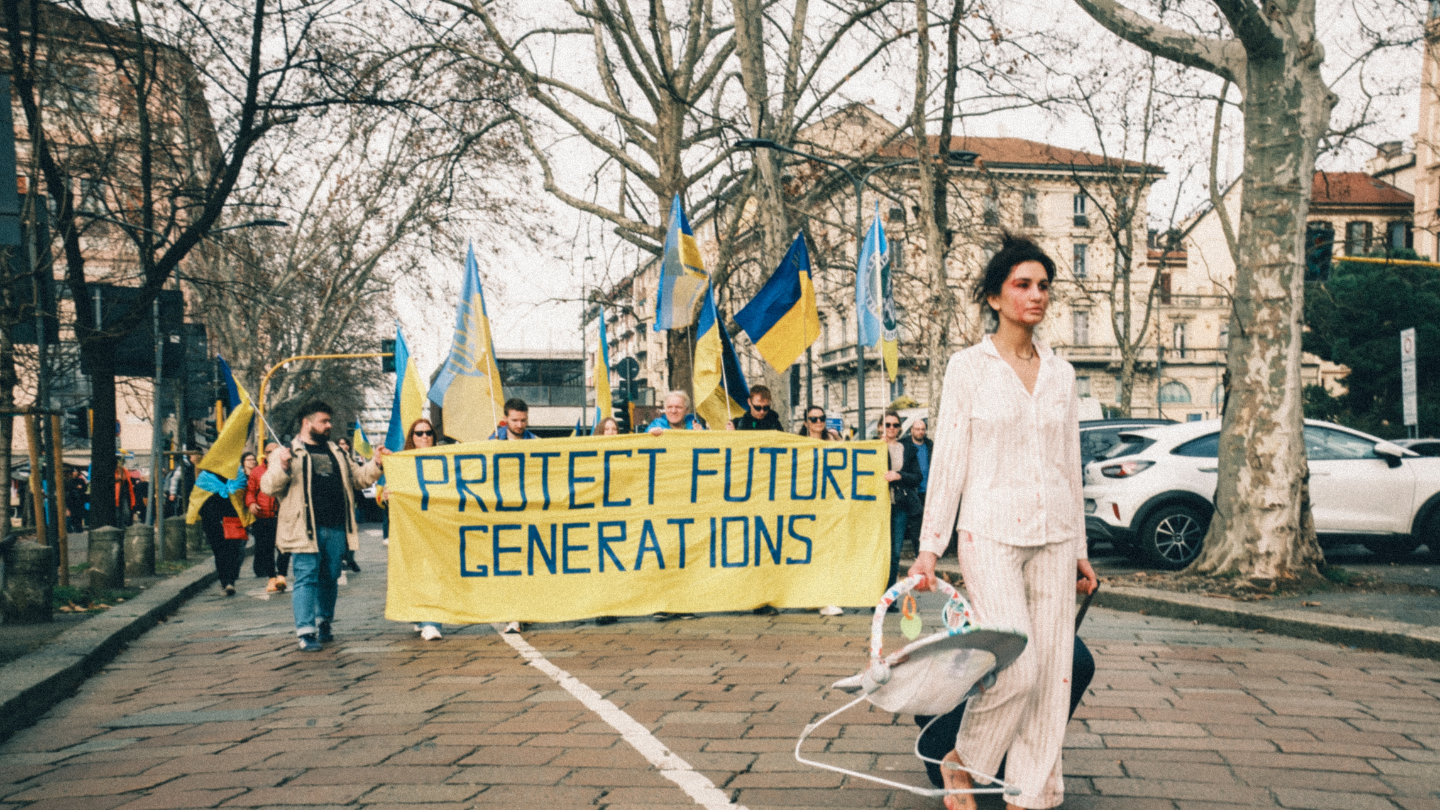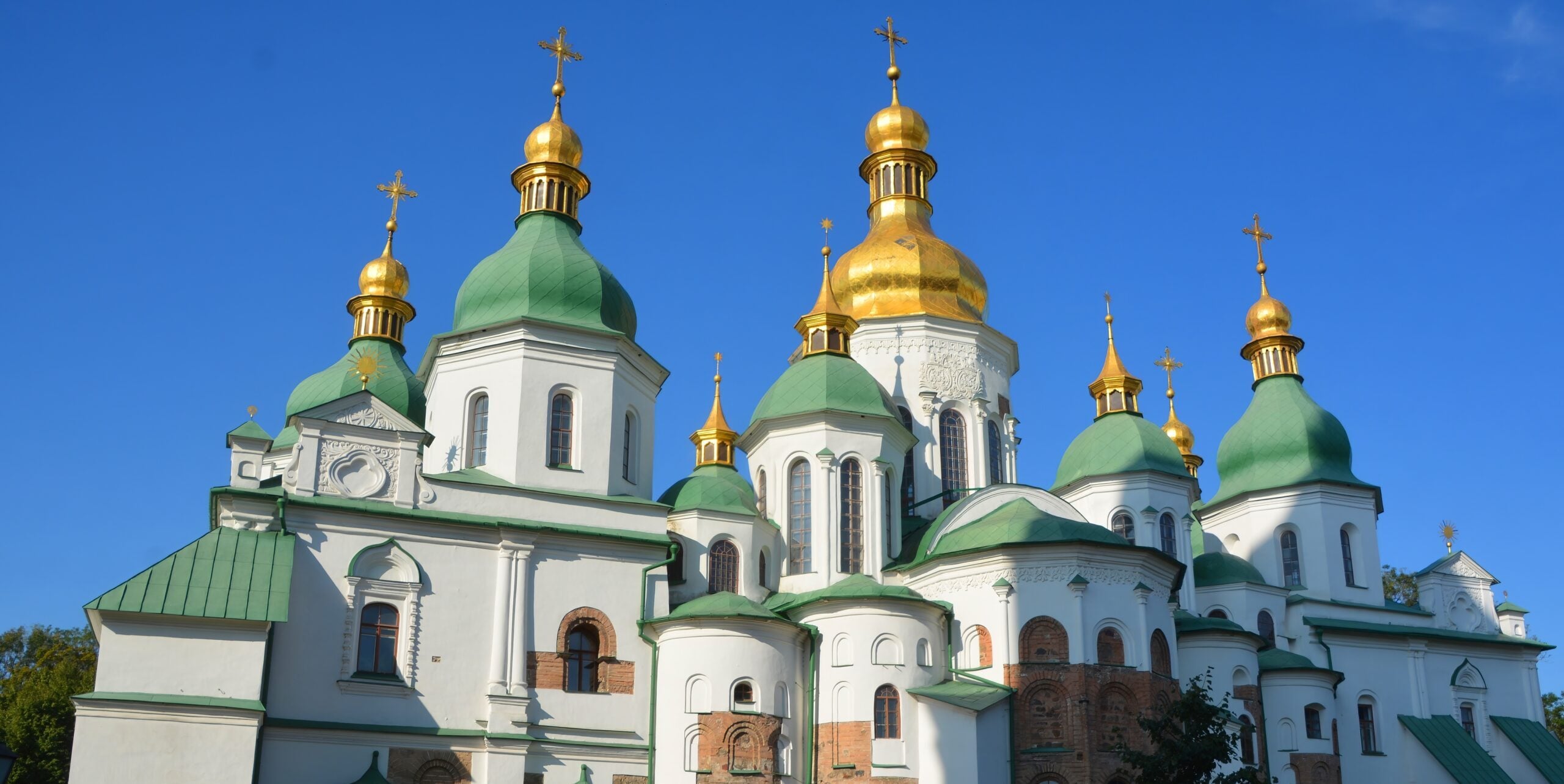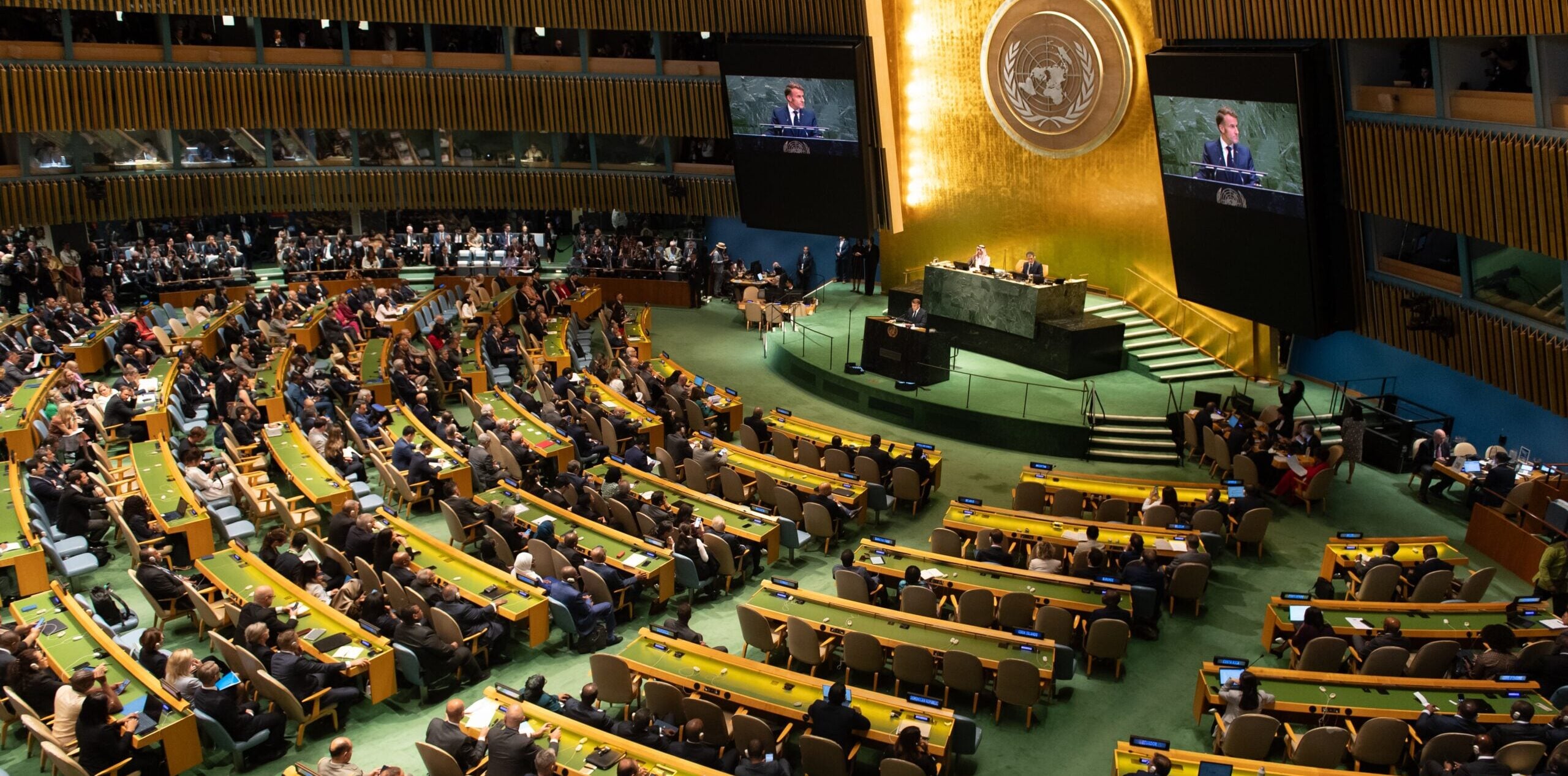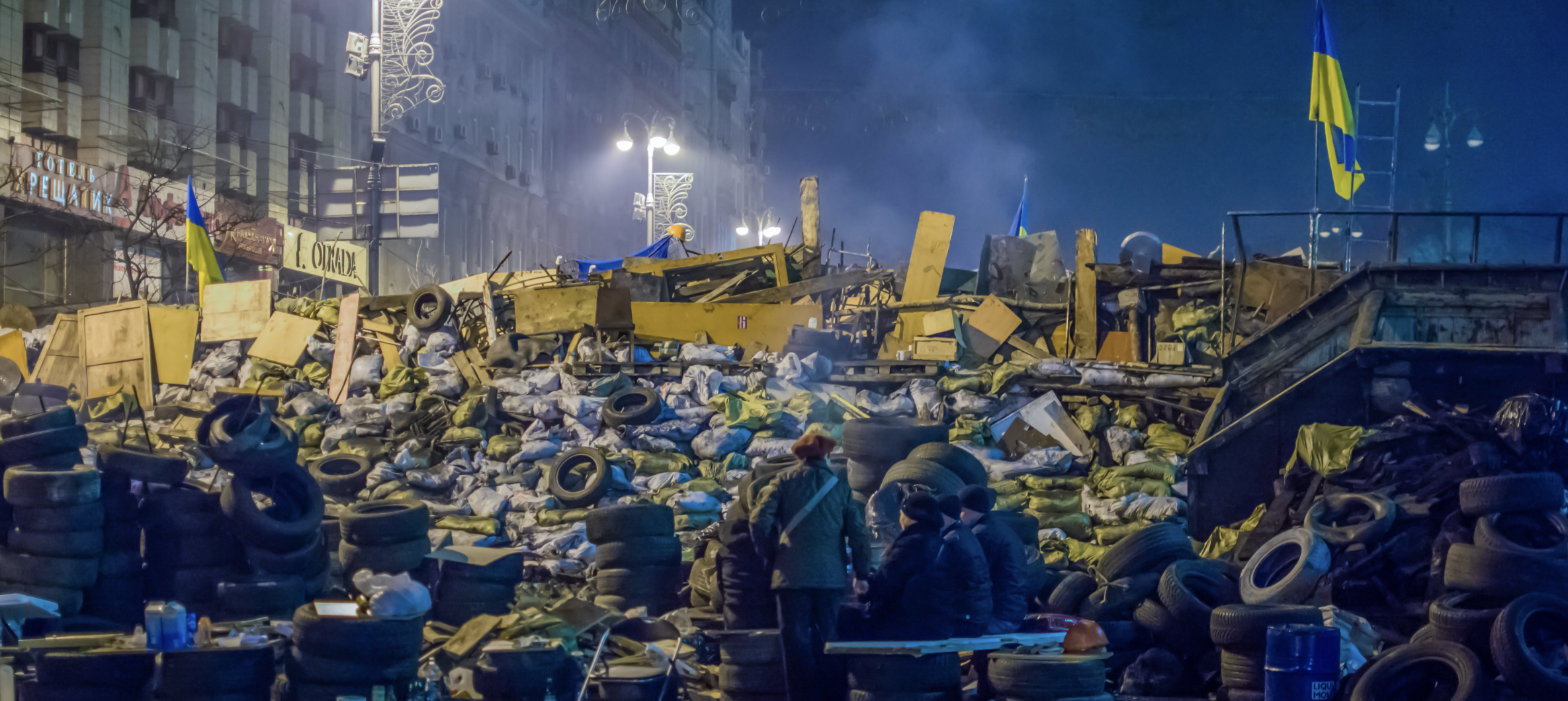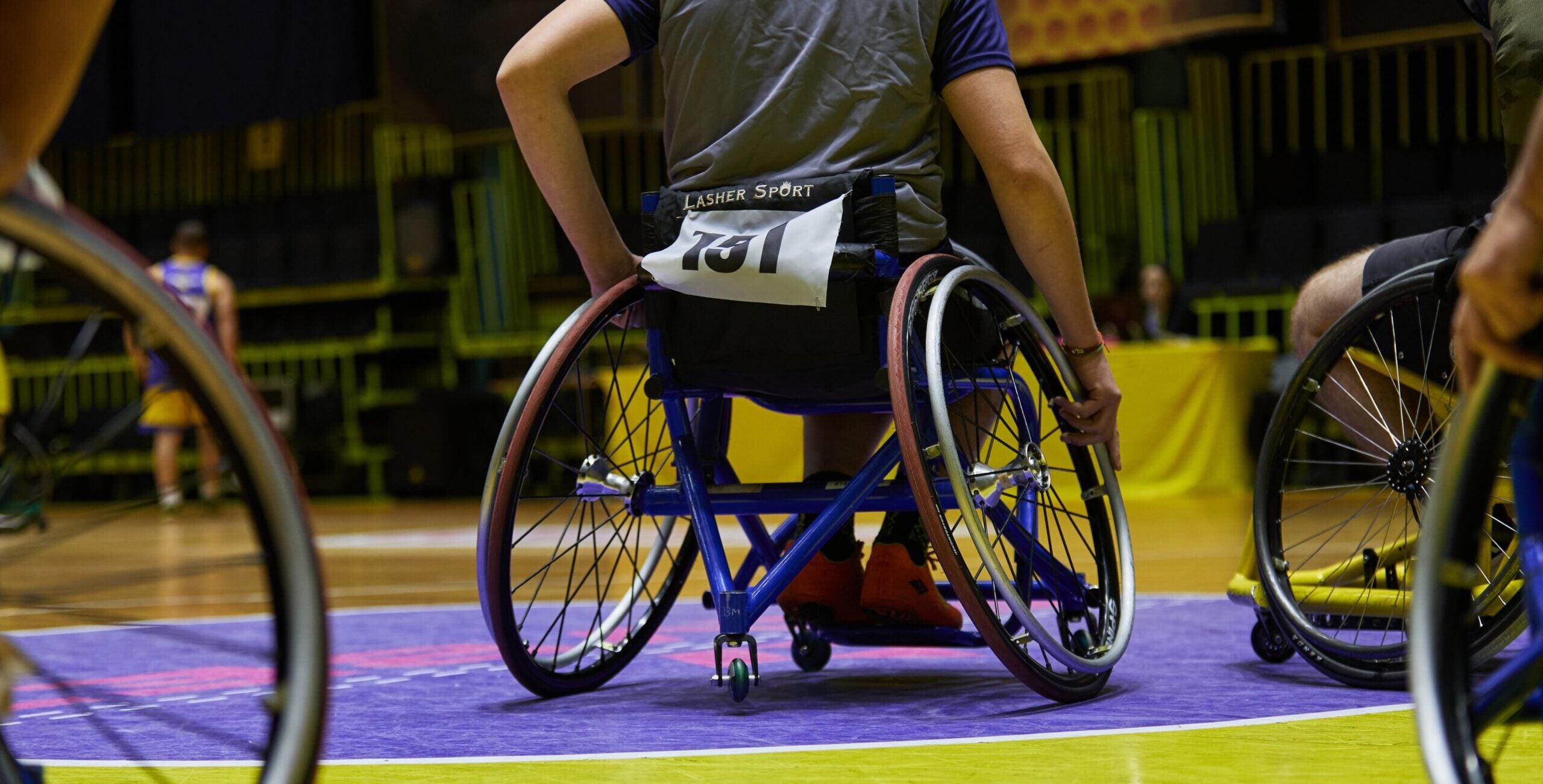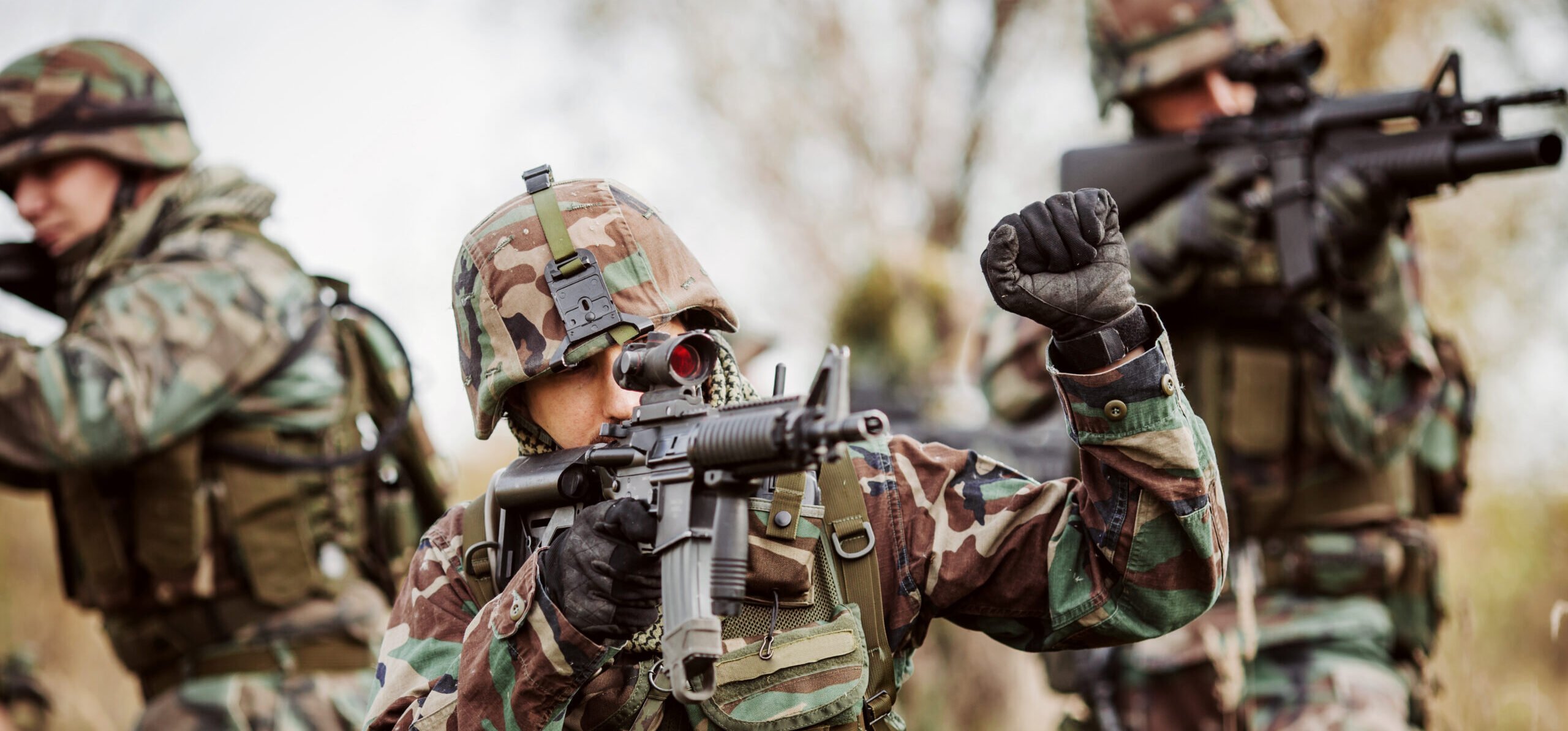
Public discussion of the possibility of European countries’ involvement in the war between Russia and Ukraine does not necessarily mean that decisions have been made. Still, it indicates that Ukrainian partners are preparing to cross another red line in their minds, writes journalist-internationalist Serhii Melnyk from the Ukrainian publication LB.ua.
“Of course, all this does not mean that tomorrow or the day after, French units will take positions near Bilohorivka, and German units near Robotyne. Moreover, they may not end up on the front lines at all if our defense actions are successful: according to our interlocutors among European diplomats, discussions among European leaders currently focus solely on the possibility of urgent assistance in the event of a critical situation for Ukraine on the front lines,” writes Melnyk.
Hungarian Prime Minister Viktor Orbán played a certain role in prompting Europeans to consider direct military support for Ukraine, according to the journalist. “When the Hungarian prime minister blocked a package of €50 billion, EU leaders once again tried to convince him to change his attitude toward aid to Ukraine. It was at that time that he, in particular, argued his position to partners: saying, I have no sympathy for Russia (it would be strange if Orbán acknowledged special relations with the Kremlin), but against because first, we provide weapons, and then we will have to fight ourselves. ‘And here we understood: Orban is right, we will indeed have to fight,’ noted a source close to the leadership of the defense department of one EU state as early as January of this year,” mentions the text.
At the same time, Slovak Prime Minister Robert Fico deliberately announced the day before the EU leaders’ meeting in Paris the consideration of the possibility of sending foreign troops to Ukraine to pre-formulate a negative attitude toward such a prospect.
“And although, according to our source, such a development of the situation does not please anyone, there were no panic moods among EU leaders at the meeting in Paris,” writes Melnyk.
Currently, all interlocutors of the publication in Ukraine and the EU assess the likelihood of direct European participation in the war against Russia as minimal. “However, as NATO Secretary-General Jens Stoltenberg said, although the Alliance does not plan to send troops to Ukraine, individual states’ individual decisions do not require unanimous support from all its members,” concludes the journalist.
Cover: Shutterstock
